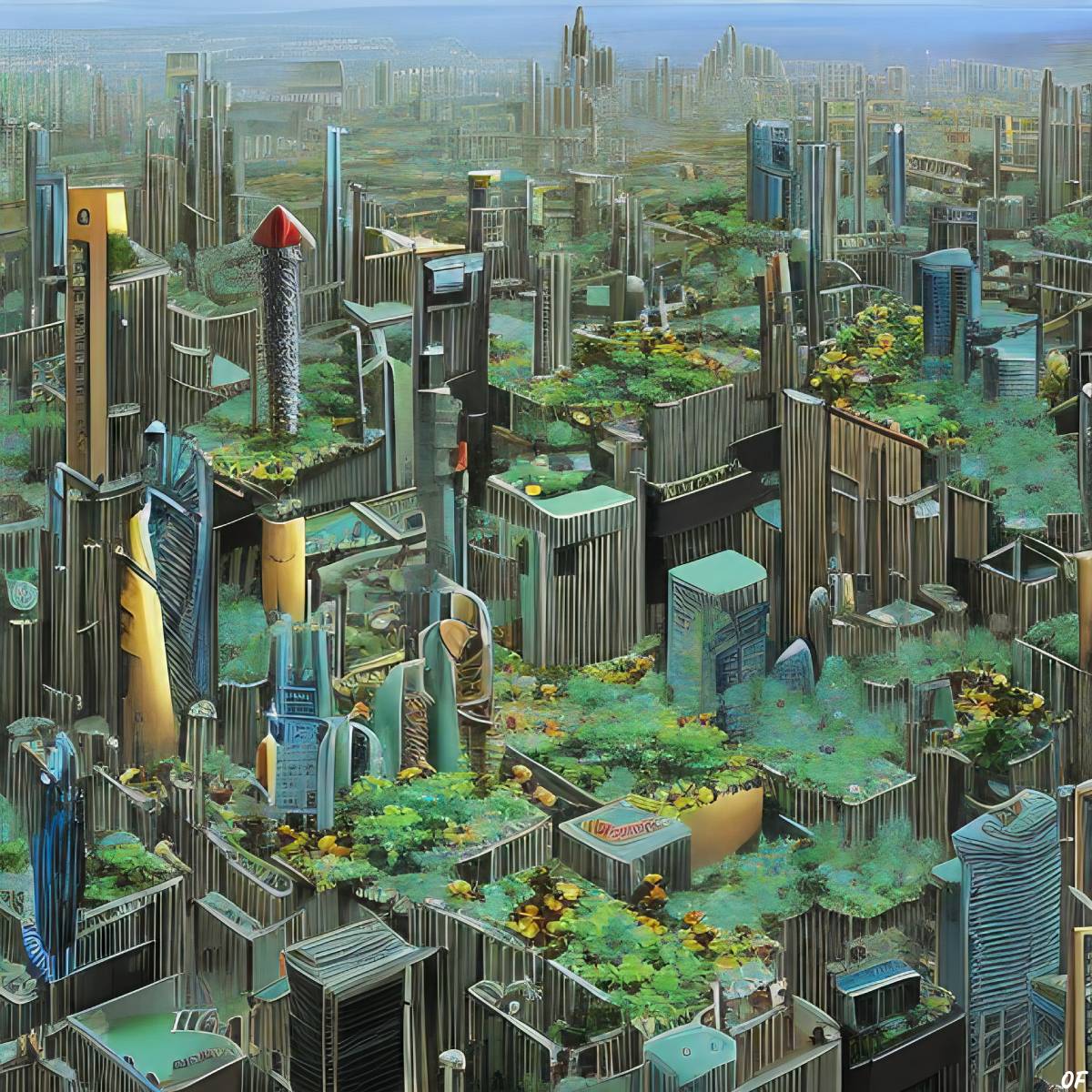If you’ve ever been stuck in a traffic jam or lost down the endless streets a big city, you’ve likely dreamed of the ability to just wipe the slate clean and start over. But while it would be nice to erase decades of poor planning and infrastructure decisions, the challenges are monumental—you’d need billions of dollars, a vast tract of unused land, and the vision to pull together a project of unprecedented scale. Surely, you’d have to be some kind of filthy rich visionary to even attempt such a thing.
As it happens, there is a filthy rich visionary trying exactly that. Former Walmart executive Marc Lore is on a quest to turn the empty desert into a new city: the utopian metropolis of Telosa. But who is this eccentric billionaire? What is his plan for the city of the future? And if we look past the hype, can we expect him to actually get it done?
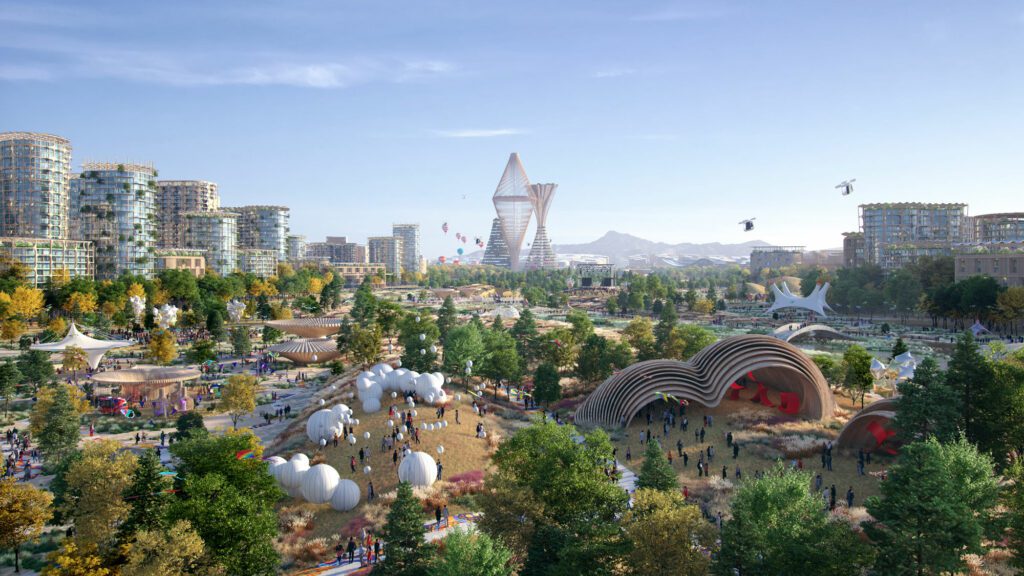
A vision of Telosa
Somewhere in the United States, a futuristic city rises above the dusty plain of an otherwise empty desert. This is Telosa—a model for the future of metropolitan cities, and the home of five million residents who live and work together in a new kind of society.
Life in Telosa is in stark contrast to most cities in the U.S. today. For one, there are few cars in the city, and strictly none that run on fossil fuels. Not that residents would need them; every neighborhood in Telosa is designed with sustainability in mind, and people as the first priority. Everything a person should need—work, recreation, schools, shopping, and city services—lies within a 15-minute walk.
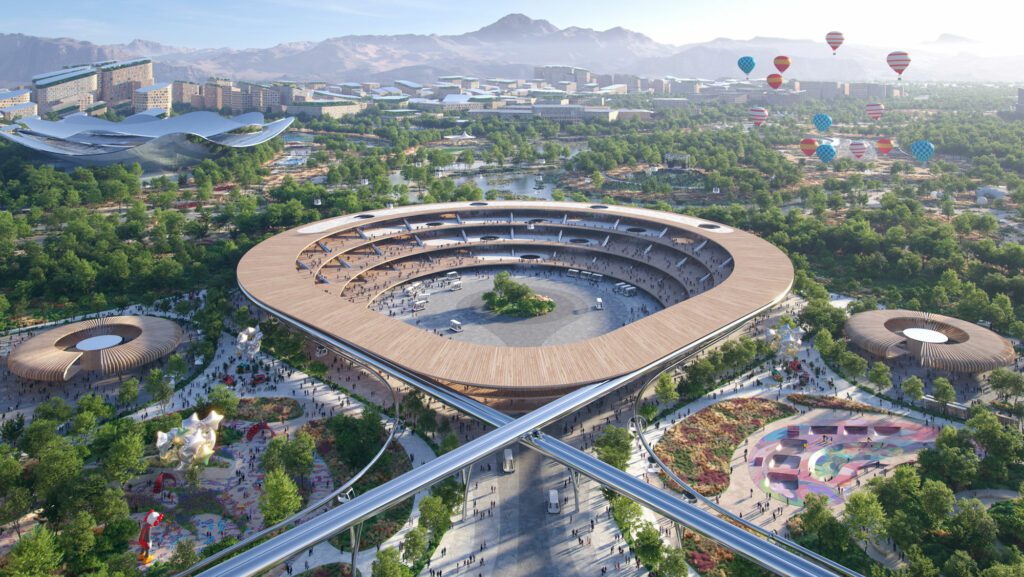
The city also features energy-efficient buildings, aeroponic farms, plenty of shaded public spaces, and copious green space, including a lush central park. Central to the city is the eye-catching Equitism Tower, a beacon seen miles around, its vast architecture symbolizing the dream of Telosa itself.
The premise of Telosa is to completely reinvent our idea of a city and how it operates. Rather than decades or centuries of gradual, piecemeal construction, Telosa will be built from scratch, employing cutting-edge technology and modern principles of urban design.
A new philosophy for urban living
The name “Telosa” itself is derived from the Greek telos, and is said to mean “higher purpose”; indeed, the philosophical vision of Telosa is even bolder than its lifestyle promises. The designers of Telosa aim to use everything learned from hundreds of years of urban design, in tandem with the newest innovations, to create a new model for cities across the world—and demonstrate a more equitable and sustainable future.
Going even further, the designers propose a new economic system known as Equitism. Under Equitism, all residents hold a stake in the city’s development and future and share equal access to the fruits of their labor. It’s not quite a communist utopia, but rather a reformed version of capitalism, where wealth is created and distributed in a fairer way. The overall goal is to create a system where all residents are equitably involved in the growth of their society.
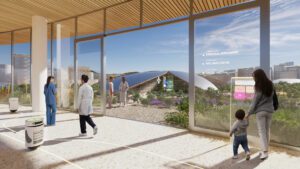
Who is Marc Lore?
While many dreamers have proposed their own futuristic cities, few have as much potential to make it a reality as Telosa’s founder Marc Lore.
Lore is a New York-born entrepreneur, investor, and businessman, best known as the former CEO of Walmart’s E-commerce division. Outside of his work at the retail giant, Lore has been involved with dozens of business ventures, and is recognized by the business world for his impressive innovations.
In September of 2021, Lore stepped down from his executive role at Walmart to pursue a completely different project: the city of Telosa. With a personal net worth in the billions, and numerous connections willing to chip in their money, Lore seems dead set on making his dream a reality.
The beginning of a long journey
While the dream of Telosa may seem exciting, it’s still a long way off from becoming a reality. Currently, the city is just in the earliest planning stages, though the designers hope to have the first phase ready for habitation by 2030.
To help realize the vision of Telosa, Lore has tapped the architectural firm Bjarke Engles Group to spearhead the city’s design and master planning. Besides the overall concept and some preliminary designs, nearly everything else about Telosa is up in the air, including how exactly they plan to raise the estimated $400 billion needed for the project. One proposed solution will be for Lore to encourage businesses to settle in Telosa through investment from his own venture capital fund, which would also create jobs to attract residents.
Another thing that is yet undecided is exactly where the city will be founded. So far, the top options include Nevada, Idaho, Utah, Arizona, or the Appalachian region.
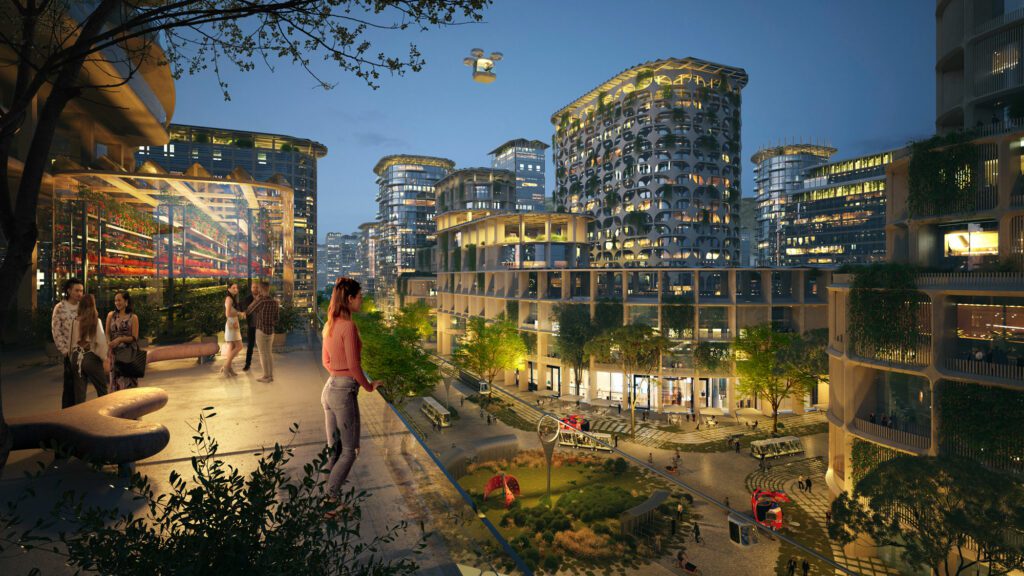
Will it work?
If Lore has placed his bet wisely, future generations may just have him to thank for the new paradigm of urban life. But can Telosa actually achieve its goals?
Ultimately, it is going to depend on just how strong of a team Lore can build around his project, and whether or not they can inspire citizens to settle in Telosa.
On the one hand, Lore is no urban planner. The city’s location in the deserts of the American Southwest will present one of the biggest barriers to its success—water is scarce there, and growing scarcer. Telosa will depend on innovative ideas like carefully managed reservoirs, elevated water storage, and indoor farming, if it’s going to be feasible.
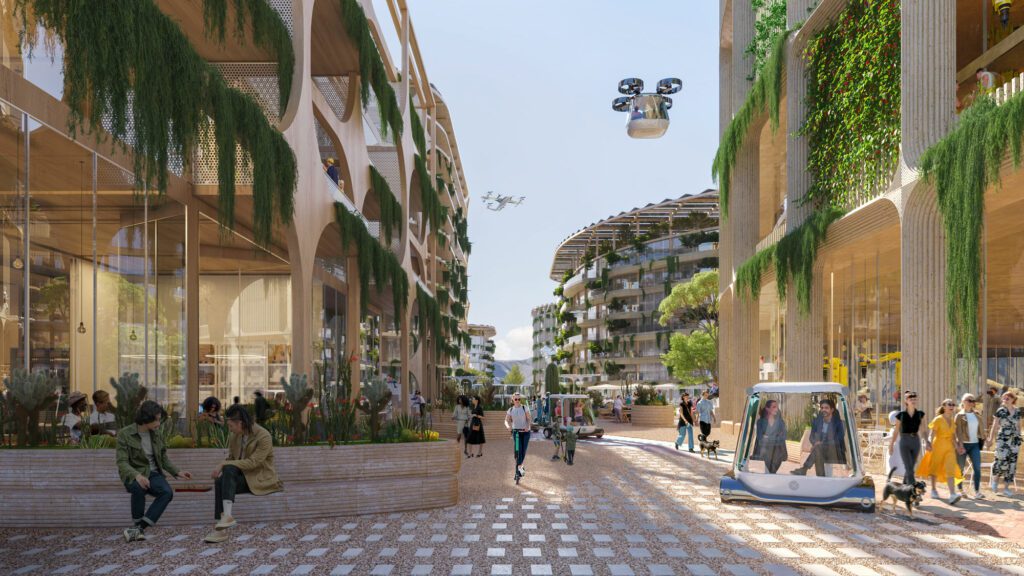
On the other hand, Telosa is not the only project of its kind. Other cities of the future have been proposed, such as the newly proposed Line in Saudi Arabia, a city built in a single straight line. Telosa wouldn’t even be the first time a city was built from scratch; over the last several decades, numerous cities have been built from nothing, such as Brazil’s intricately planned capital, Brasília, and the Pudong New Area in the People’s Republic of China. Clearly, a demand exists for these new ideas.
Interested in moving in?
Would you want to move to Telosa? While you can’t quite claim your spot yet, interested individuals can join the Telosa community network, and attend a town hall event to learn more and make their voice heard in the city’s development.
Telosa represents a bold vision for our future, at a time when many are becoming warier of where we are headed. Should projects like Telosa succeed, we may just be able to regain faith in a brighter future for humanity—but it’s going to take a lot of work to get there.

